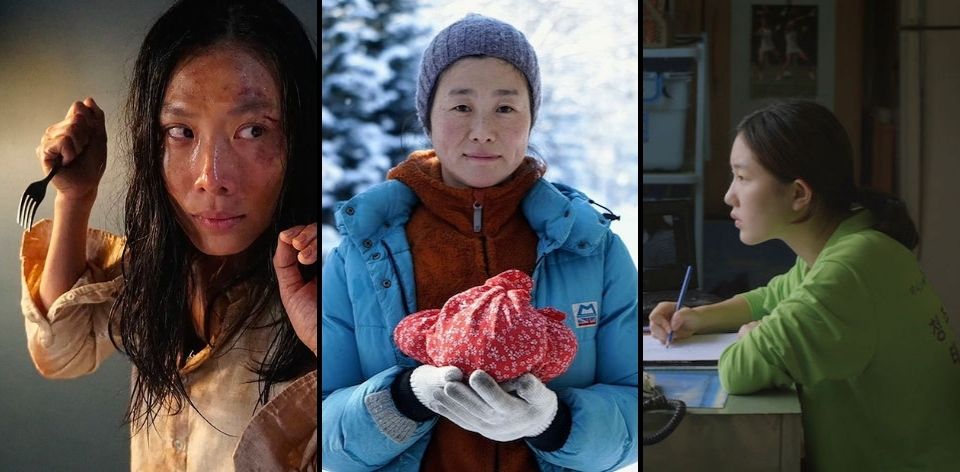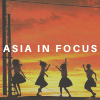The folks at the International Film Festival Rotterdam have been masters of pivoting over the last few years. After going fully online in 2021, plans for 2022 quickly changed due to the pandemic uptick throughout Europe.
Running from 26 January to 6 Februrary, IFFR has announced the full line-up for the festival this year. Offering an online platform for the public, and a Press & Industry platform for folks like us, there’s an impressive number of titles for our Asia in Focus stream.
As one of the first major post-Sundance festivals, it’s filled with world premieres, the prestigious Tiger Competition and a collection of short films. Here’s a collection of Asian cinema that IFFR is highlighting this year.
For a full program and screening details, check out the official festival site.
Programme IFFR 2022
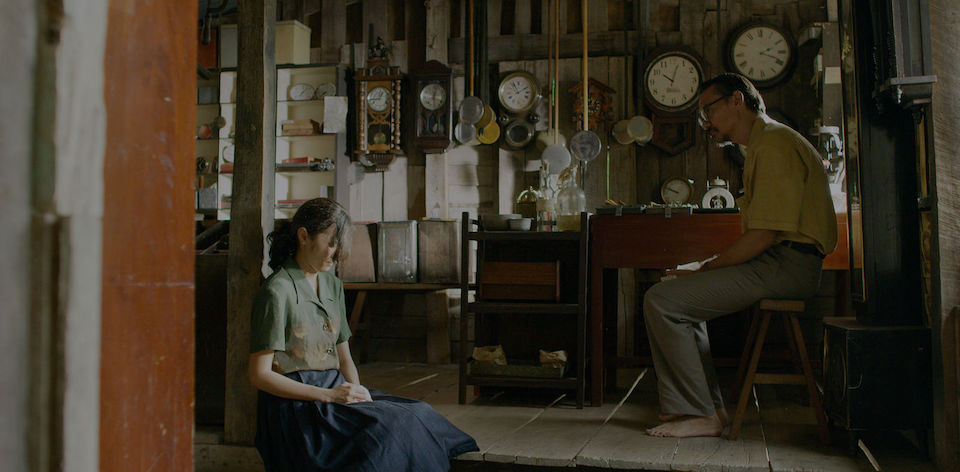
Anatomy of Time
Thailand, Director: Jakrawal Nilthamrong
Nilthamrong follows his first feature (2015 Tiger Award winner Vanishing Point) with the tale of a Thai army officer who fell from grace late in his career. Alternating between past and present, we move between the 1960s and the present day to trace a turbulent period in Thai history. This will play in the festival’s Harbour stream.
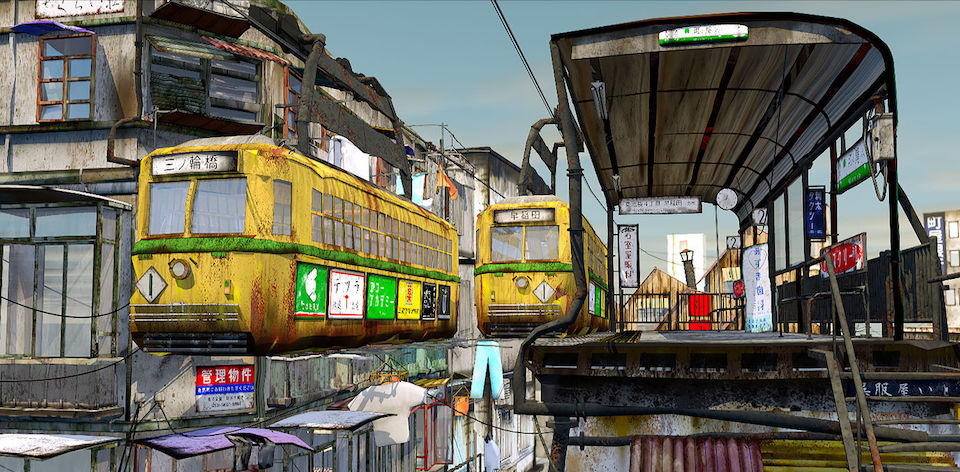
Battlecry
Japan, Director: Yanakaya
The debut film of director Yanakaya makes its international premiere at IFFR, an animated sci-fi drama that was practically made as a solo project. With an animation style that is said to recall video games of the 90s, it see a Japan in the grip of a new drug called Golden Monkey that gives its users boundless powers — but also creates shadow monsters.

Korean Ghost Story – Ieodo
South Korea, Director: Choi Sangsik
Playing as part of the Cinema Regained thread, Choi Sangsik’s Ieodo is actually an episode of the 1970s South Korean TV series. A spooky tale set on Cheju island, it was adapted from writer Yi Ch’ongchun’s novel — later adapted into a film from Kim Kiyǒng.
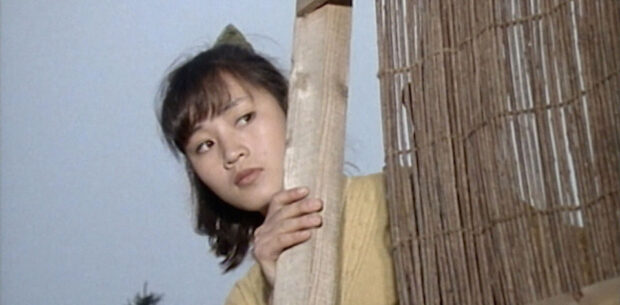
Modern Korea: Age of Beasts
South Korea, Director: Jeong Jaeun
Director Jeong Jaeun assembles a collection of archival footage to examine how sexual discrimination and violence against women has been presented by the media in Korea over the years. Some of the results are shocking, but consider this quote from a KBS show in the 80s/90s: “We endured gender discrimination for a long time, and now we’re starting to speak out.”
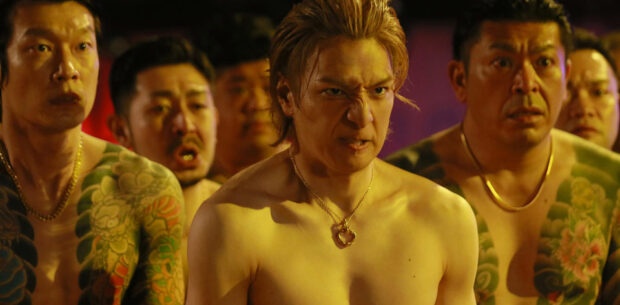
The Mole Song: Final
Japan, Director: Miike Takashi
Slowing down to only two or three films a year, the third and (presumably) final entry in Miike’s adaptation of the popular manga follows The Mole Song: Undercover Agent Reiji (2013) and The Mole Song: Hong Kong Capriccio (2016). This time we’re promised nipple-targeting seagulls, old men rapping in a bathhouse and drugs smuggled as Italian pasta. Bring it.
2022 Official Selection – Press and Industry
In addition to the public program, IFFR is offering its annual selection of festival titles to press and industry. We’ve included them in this round-up because there’s a good chance we’ll cover them too.
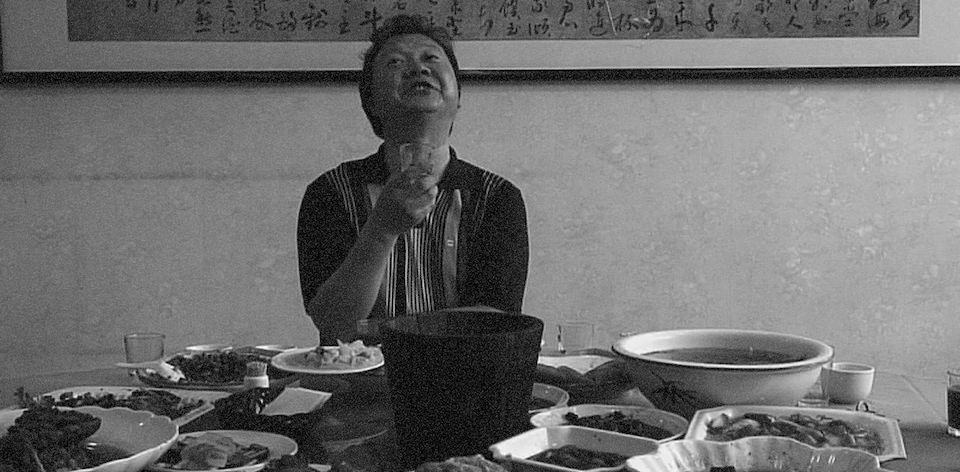
Focus: Qiu Jiongjiong
The contemporary Chinese artist and director makes up the majority of the Chinese offerings at the festival. Film like THE MOON PALACE (2006), MADAM (2010), MY MOTHER’S RHAPSODY (2011), MR. ZHANG BELIEVES (2015) and most recently A NEW OLD PLAY (2021) join shorts An Ode to Joy and A Portrait of Mr. Huang. This is a great chance to see a snapshot of several decades in China.
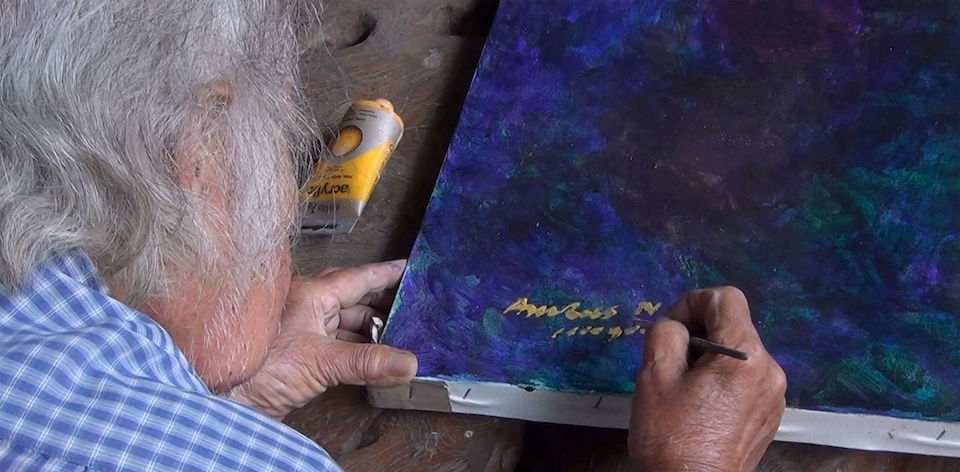
Amrus Natalsya Who Recreates the Dispossessed in Twilight
Indonesia, Director: Mahardhika Yudha
A portrait of the titular artist, arrested in 1965 during a violent purge of communists and their sympathisers and later released in 1973. Mixing painting, sculpture and many interviews, it shows an artist “for whom the 1945 revolution is far from completed.”
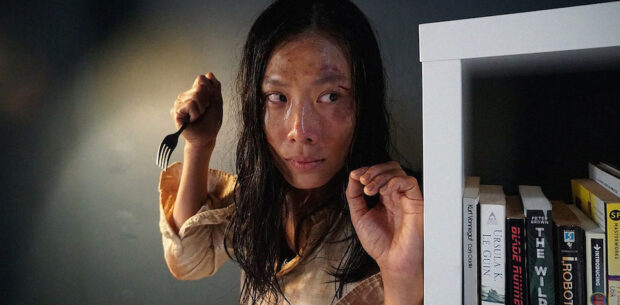
Barbarian Invasion
Malaysia, Director: Tan Chui Mui
It probably says more about me that my eyes went straight to the bookshelf in the image above. Yet everything else scream our wheelhouse. It follows a woman and her son who arrive on a film set, ponders whether she will be in a Hong Sang-soo film but winds up in Malaysian Bourne Identity.
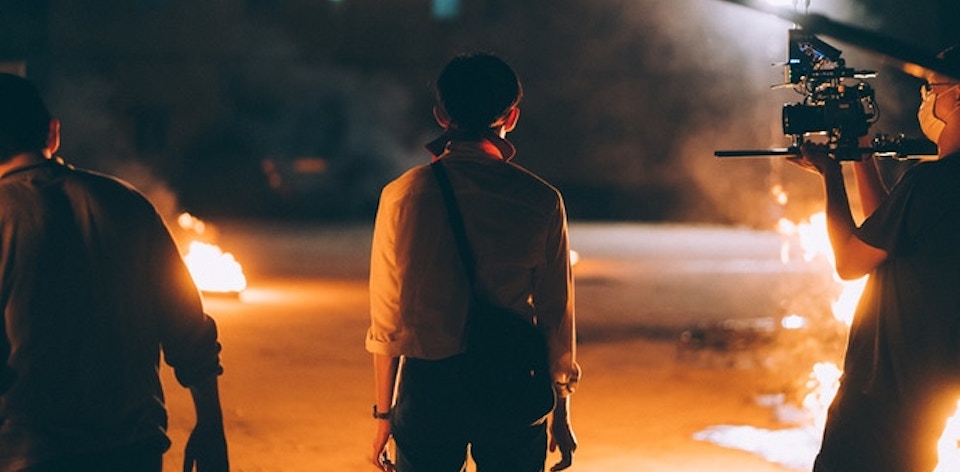
Blue Island
Hong Kong, Director: Chan Tze-woon
It’s safe to say that Hong Kong is having a moment right now. In this mixture of documentary, fiction, and foresight, director Chan looks at the history of the islands through 1967, 1973 and 1989, getting today’s protestors to play those of the past. It reveals patterns repeating, while looking ahead to what Hong Kong might look like under China.
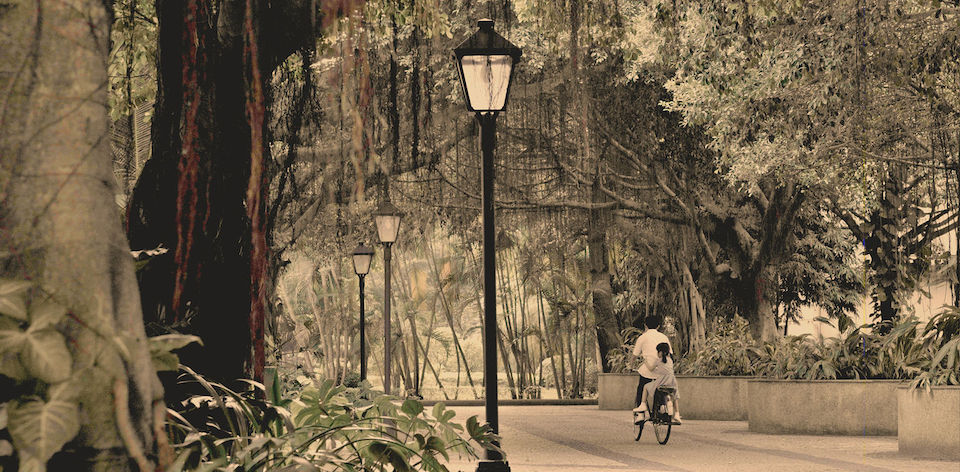
Drifting Petals
Australia, Director: Clara Law
Law plays a fictionalised version of herself in a film that’s split between Hong Kong/Macau and Australia, working with regular photographic partner Eddie Fong to draw lines between the two places and her own experience with contemporary and historical moments.
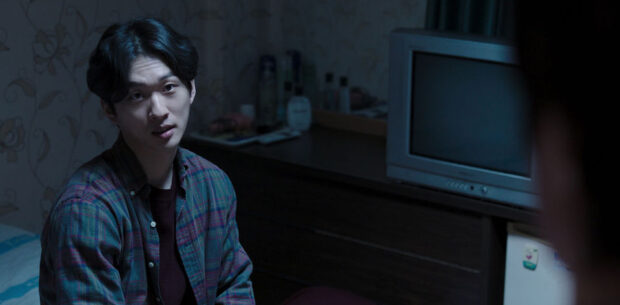
Drown
South Korea, Director: Lim Sang-su
“Dowoo runs an old motel – adjacent to a lake with thousands of Korean War victims at its bottom – as well as caring for his mother who has dementia. One wintry day she disappears without a trace.” Su’s debut feature follows the appropriately titled Rain Shower, as one often follows the other.
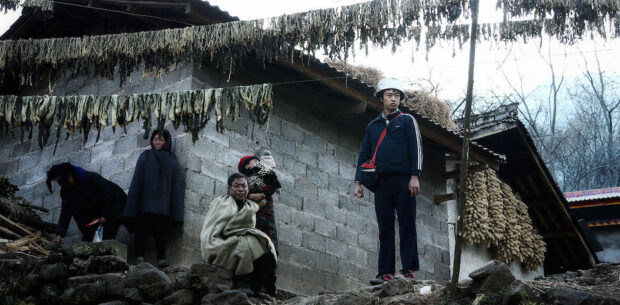
Journey into the West
China, Director: Kong Dashan
Not just another in a long line of adaptations of the 16th century Chinese novel, director Kong’s film follows the character of Tang Zhijun as he journeys into the mountains to search for signs of alien life. A moment of truth comes when they meet a poet in a village, making this an idealistic journey of discovery.
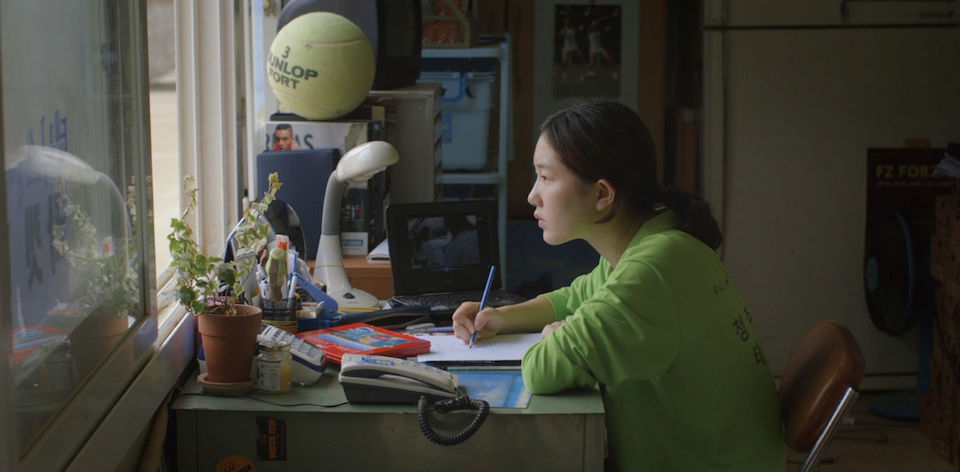
Kim Min-young of the Report Card
South Korea, Director: Lee Jae-eun, Lim Jisun
This all-female directing team collaborates on their debut feature after their own successful shorts. It’s a coming of age story about a group of high school girls who suspend their poetry club to concentrate on finals. When they come back together, it’s evident that they’ve all grown apart.
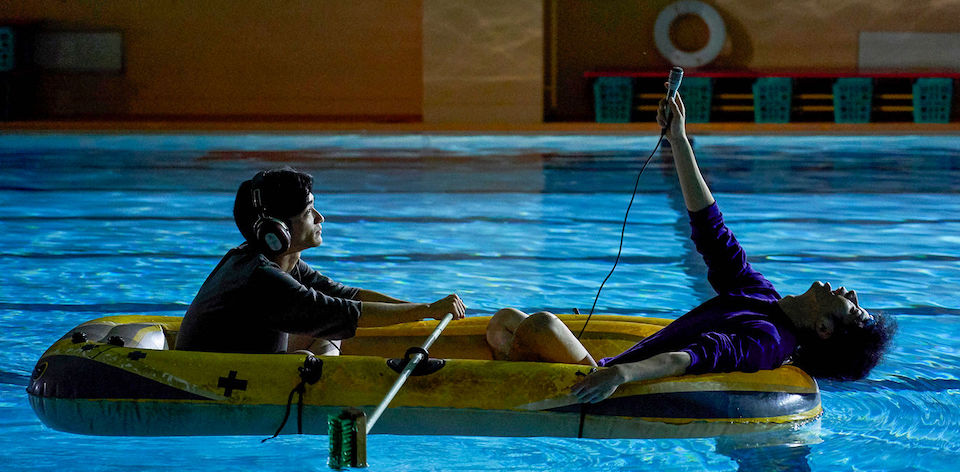
Let Me Hear it Barefoot
Japan, Director: Kudo Riho
This was getting a massive amount of buzz later last year, so it’s great to see it get a further run of the festival circuit this year. It concentrates on the blind Midori who becomes seriously ill, so Maki and Naomi send her tapes from an imaginary trip around the world. As they develop their project, the relationship between the two men grows.
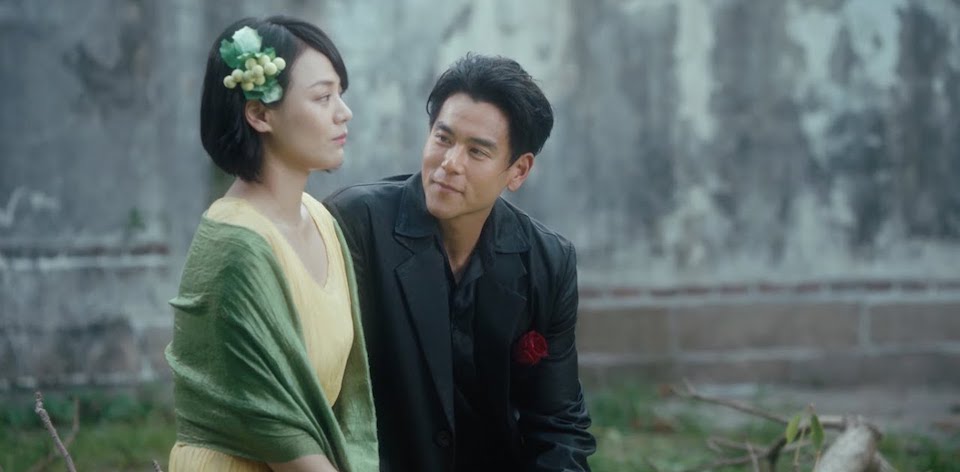
Love After Love
China, Director: Ann Hui
Ann Hui’s name still carries some weight in festival quarters, and this throwback has a surface level of nostalgia. Based on a story by Eileen Chan, it’s a love story that IFFR says “reveals the double standards and suffocating effect of love at a time when women had few options.”
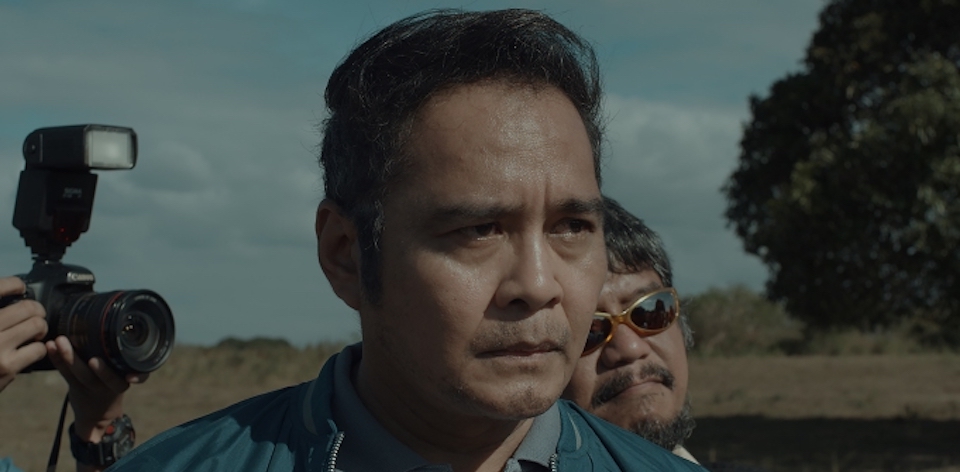
On the Job: The Missing 8
Philippines, Director: Erik Matti
Following the acclaim of films like Honor Thy Father and BuyBust, filmmaker Matti returns with a whopping 208 minute film. Picking up eight years after On the Job, this follow-up shows how politicians, journalists and gangsters keep a depraved, merciless system going.
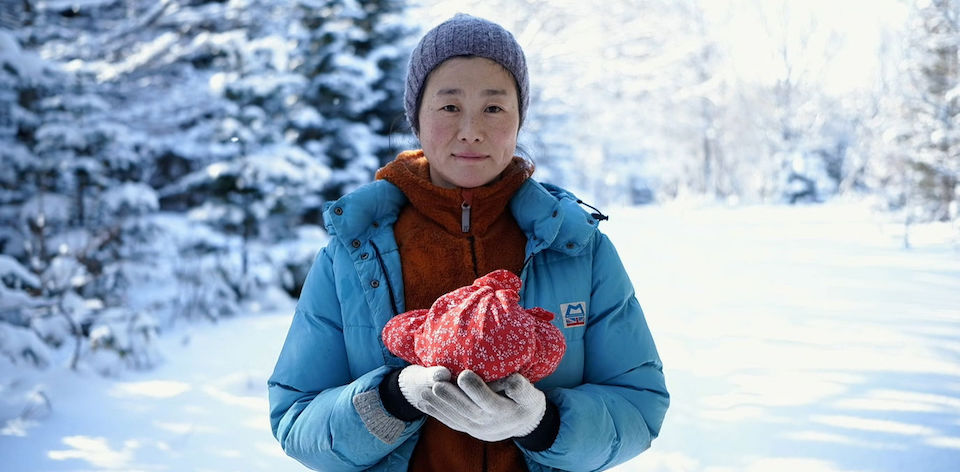
Shari
Japan, Director: Yoshigai Nao
Director, dancer and photographer introduces a mysterious, fiery-red creature, like a walking scarecrow into the northernmost part of Japan following a winter of very little snow in 2020 on the Shiretoko Peninsula. Folklore, arts and crafts, oral history, ecology, and mythology blend elegantly in this visual poem.
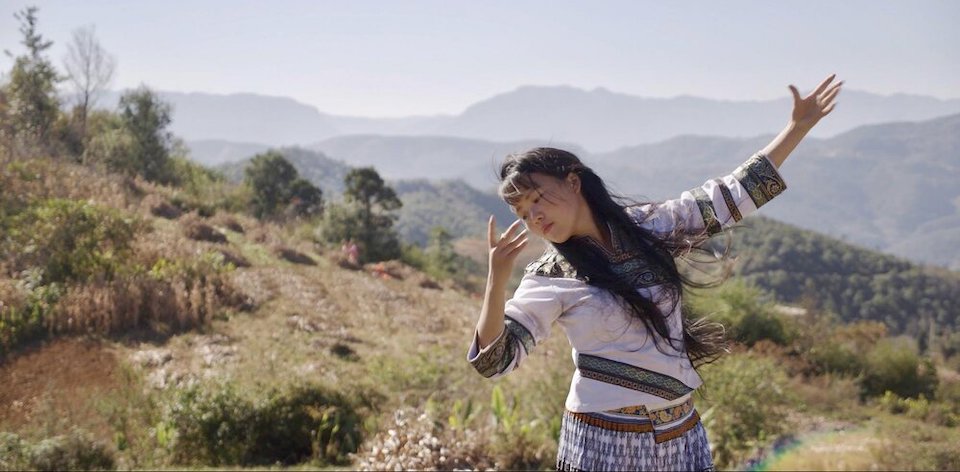
Singing in the Wilderness
China, Director: Dongnan Chen
Playing in the Art Directions stream, Dongnan Chen, a Chinese filmmaker living in the United States, closely examined the Christian choir in a Miao village in the mountains of Yunnan Province. Co-opted by the government propaganda machine, this talented group is forced to sing more secular songs in less sacred settings.

Special Delivery
South Korea, Director: Park Dae-Min
Director Park Dae-Min returns with the story of Eun-ha (Park So-Dam from Parasite), a special driver for deliveries for the underworld. Her unblemished success rate is marred when she gets involved in an unexpected delivery accident.
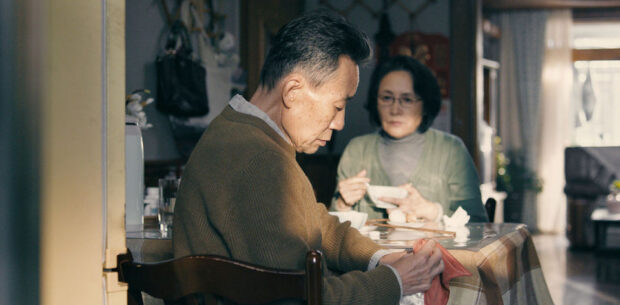
To Love Again
China, Director: Gao Linyang
Gao Linyang wrote Striding Into the Wind (2020) and On the Border (2018), and here they make their directorial debut with a story of people struggling on the fringes of capitalism. Playing as part of the Tiger Competition, we watch the optimism of a mass wedding turn to wounds of the political upheavals of the past.
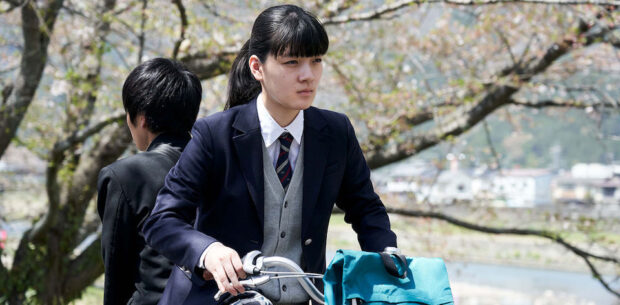
Yamabuki
Japan, Director: Yamasaki Juichiro
“Chang-su, a former equestrian athlete for the South Korean national team, was forced to give up on his dream early. He finds himself working at a quarry in the rural town of Minawa in western Japan, where he lives with Minami and her infant daughter.”
Shorts
IFFR 2022 will also present a series of short and mid-length films to complement the features program.
From Japan, there’s Erik Shirai and Masako Tsumura NOWHERE TO GO BUT EVERYWHERE, where a man learns to scuba dive following the loss of his wife in the 3/11 tsunami and earthquake.
Three very different shorts come out of Hong Kong. Steve Li’s LOST PEARL and Yan Wai Yin’s TUGGING WAR are linked by protest, respectively looking at a fishing boat and a footbridge during a time of great upheaval. Samson Young’s SONATA FOR SMOKE ponders how to capture smoke, a stages a series of theatrical events to trigger the emission of the elusive substance.
Out of Thailand, there’s Chonchanok Thanatteepwong’s CRYSTALLIZED MEMORY, with a series of conversations and ruminations near a temple, and SONGS FOR DYING, in which Korakrit Arunanondchai spends the last moments with his dying grandfather, and breathing and singing guide the transition from body to spirit.
Finally, we could probably all dig on something called HOW TO IMPROVE THE WORLD. Vietnam’s Nguyen Trinh Thi spends 47 minutes on the subject, offering a rare look at Vietnam’s indigenous cultures where a singer and storyteller speaks about listening, revealing how memory, history, and hearing are deeply intertwined in this community.
A complete selection of all the IFFR films can be found on the official site. Our coverage of IFFR can be found right here. Read more coverage of Asian Cinema — from the silent era to current festivals and other contemporary releases — all throughout the year in our dedicated Asia in Focus area.

